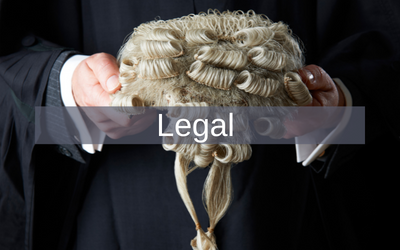![]()
The Cyber Security Compliance Experts
At RightCue, our mission is to help protect your business from both internal and external security threats. We provide a comprehensive range of expert cyber security consulting services to give you the peace of mind and confidence that your data and assets are safe from security breaches.
With hackers growing ever more sophisticated and cyber-crime rising in scale and complexity, it is vital that IT assurance and cyber security are an inherent part of your business processes.

Cyber expertise with exceptional service
Our commitment to excellent customer service underscores our mission to provide unwavering protection for your organisation’s growth journey. The RightCue team offers on-demand access to a wide range of skilled experts, from adept security auditors to skilled penetration testers, strengthening your organisation’s position.
Collaboratively, we tailor a strategy to enhance your governance, risk, and compliance maturity, through our comprehensive range of services including audits, vDPO, vCISO, incident response planning, certification support, and risk management solutions.
Our team operates as an extension of your own, providing you with the full spectrum of InfoSec resources, enabling you to focus on your main business.
Our services – customised solutions, consistently delivered
Whether you’re an SME looking for support for a one-off project, or a larger organisation seeking a long-term strategic partner, we have the right InfoSec team in place to support all your needs.
Cyber Security
Data breaches are a reality in the evolving IT landscape. Could you survive a cyber attack?
We work across a range of sectors:






Your trusted partners for success
Our highly qualified team can take you through the certification process to Cyber Essentials, Cyber Essentials Plus, IASME Cyber Assurance and ISO27001 standards with ease and confidence.
These are valuable badges to show your customers how much you care about information security and data privacy.

What our clients think
Get in touch
Contact us to find out how we can work together.
Subscribe to CyberPulse: RightCue's Monthly Newsletter
'CyberPulse' is our monthly newsletter - bringing you up to speed about what's happening in the world of cyber security and at RightCue. Subscribe now to be kept up-to-date on the latest developments and critical updates shaping the cyber security arena, from ground-breaking advancements to regulatory shifts.





